Research
Our research focuses on interactions between physiology and various aspects of behavioural ecology including foraging, predator-avoidance, social behaviour, and responses to environmental change. To address these broad issues, we use a mix of laboratory and field studies in various places around the world. Most of our work focuses on freshwater and marine fishes, and we have several general research themes under way.
Individual Variation in Physiology & behaviour
Individuals within species show wide variation in their behaviour and physiological traits. How does this variation arise, and what are the ecological consequences? How does the environment affects links between physiology and behaviour among individuals?
Environmental change & coral reef fishes
Tropical ecosystems are undergoing rapid environmental changes and multiple interacting stressors. How do these changes affect physiological and behavioural plasticity of coral reef fishes? What are the consequences for predator avoidance, feeding, and survival?
Expanding the Ecophysiological Toolbox
The development and refinement of methods - including the development of cheap, open-source research tools - is key for pushing boundaries and ensuring everyone can participate in cutting-edge science.
bioenergetics, social behaviour, & Environmental Change
The links between social behaviour and energy demand are just beginning to be understood. Why are some individuals more social than others? Does metabolism affect dominance, social networks, and movement in animal groups? Are there consequences for coping with environmental change?
Eco-evolutionary trends in metabolic trait diversity
The variation we see among individuals can have consequences at the species and ecosystem levels, and can generate evolutionary change. What trends in diversity occur across species? What are the evolutionary constraints that shape this diversity?
fisheries-induced Selection & Evolution
Evidence suggests that fishing may have evolutionary effects on wild fish populations. Do physiology and behaviour make some individuals within populations more likely to be captured? Can this cause phenotypic change in the population? Does this interact with climate change and other stressors?
Ecophysiology and conservation
Ecophysiology can provide insight into a range of more applied fisheries issues. How can individual variation be used to enhance conservation efforts? What are the physiological and behavioural effects of fishing practices? What are the interactions with environmental change?








